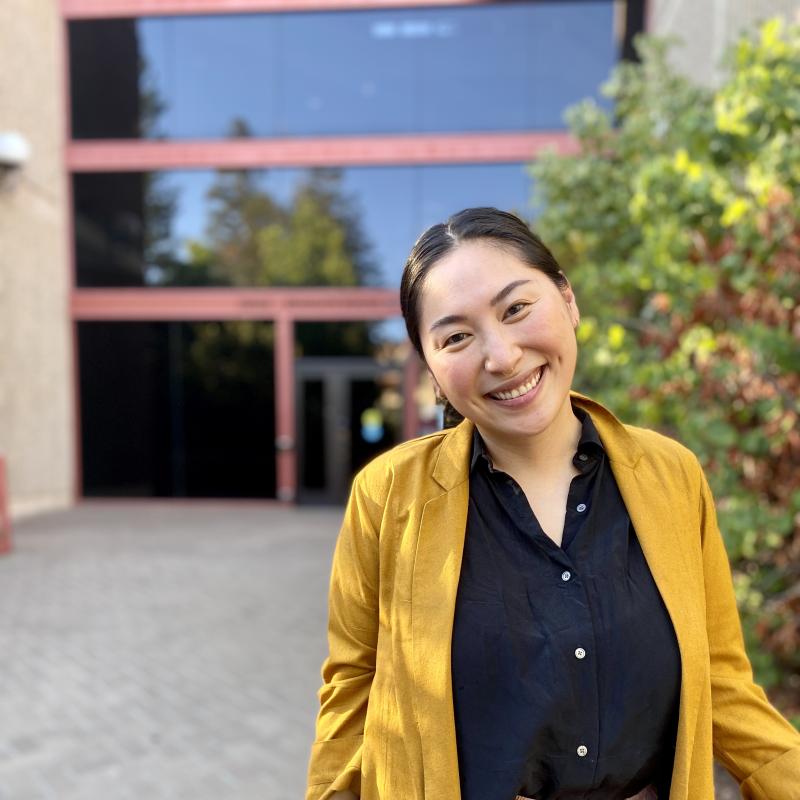
Andrew Jaciw
One could forgive Andrew Jaciw if he feels some days a bit like Sisyphus. In Jaciw’s world, there aren’t many pinnacles, just more hills.
As chief scientist at research firm Empirical Education, he believes deeply in the promise represented by rigorous study design and assessment. But he is modest about what data analysis can deliver. “In education things are so much in flux, and systems interact so much with their environments, that it is very hard to keep up with the changes that are happening,” says Jaciw, a former third-grade teacher.
The question educational researchers must answer is “what works for whom and under what conditions.”
To illustrate, Jaciw points to a program in Atlanta he’s been working with since 2014 that aims to increase teacher retention via a three-year residency for recent graduates of Georgia State University. He notes that the program, dubbed CREATE, has produced retention rates for Black teachers that are significantly higher than those in a comparison cohort. But whether the program suggests a model that would be similarly successful elsewhere is much harder to determine. “There’s a point where the quantitative data has to leave off and the qualitative takes over,” he says.
In addition to his PhD, Jaciw earned a master’s in epidemiology at Stanford, a nod to an ongoing interest in healthcare issues. And where epidemiology and education intersect – such as when using survival analysis methods to evaluate teacher retention— he finds his sweet spot.
Photo courtesy of Andrew Jaciw



